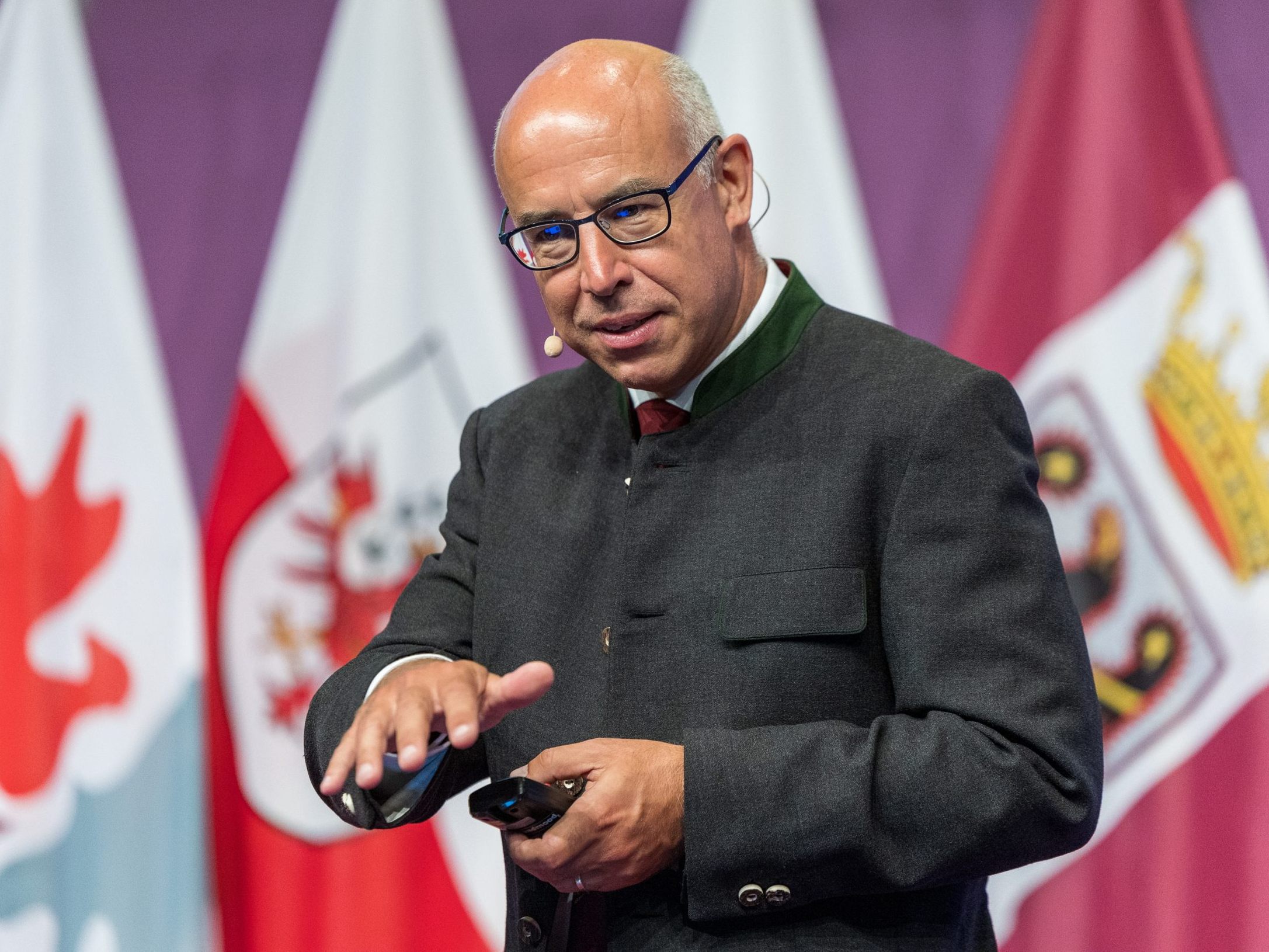Wifo-Chief Felbermayr Welcomes Collective Agreement Conclusion for Metalworkers

The director of the Austrian Institute of Economic Research (Wifo), Gabriel Felbermayr, sees the signaling effect of the collective agreement in the metal industry on other collective bargaining agreements as limited, as the conditions in the industry, such as high energy costs and export dependency, are unique.
Wifo Chief Felbermayr expects willingness to compromise among civil servants
In the negotiations over civil servant salaries, which were concluded above the inflation rate and are now being re-discussed, wage restraint could be partially disadvantageous according to Wifo Chief. Particularly in the security sector, such as the police, this could lead to recruitment problems and negative impacts on the country's security. In the public service, negotiations are now underway to remain below the already agreed values - and then to expect "some wage increase in the following years and not a zero-wage round." It is unfortunately also clear that budget consolidation will also take place on the back of public employment. "This is not good news." But the more it is said that nothing should happen with wages, the more the state is forced to adjust the workforce. "The union knows this very well, and the metalworkers knew it very well too," Felbermayr relies on willingness to compromise.
2025 for Wifo Chief Felbermayr "Year of Stagnation"
Regarding the new economic forecast, which Wifo will present on Tuesday with the Institute for Advanced Studies (IHS), Felbermayr said that the fundamental expectation has not changed. 2025, after two years of recession, is a "year of stagnation," with a slight economic revival expected only for the next year, while the gross domestic product (GDP) is currently growing less strongly than before. The fact that the expiration of the electricity price brake is now causing a higher inflation rate was to be expected. For the peak phase of inflation after the energy price shock, it was "already the right measure," defended Felbermayr the price intervention he himself proposed.
Talk to food retailers about prices
Regarding food, the economist considers a reduction in value-added tax on basic foodstuffs possible. Felbermayr referred to other EU countries with low tax rates on food. The government would need to sit down with the four major supermarket chains and ensure through a kind of "gentlemen's agreement" that the food retailers pass on the price reductions. Germany had good experiences with a value-added tax reduction during the Corona pandemic.
Budget for Wifo Chief Felbermayr "Not a Satisfactory Situation"
Felbermayr considers the government's goal of achieving a 4.5 percent deficit to be realistic. This is "very tight" - but the situation is "very fragile." Felbermayr is critical that Austria is still well above the 3 percent Maastricht criteria - and that the national debt ratio is heading towards 90 percent of GDP: "What we see here is by no means a crisis-proof budget. This must be stated very clearly." We are "by no means prepared for a new Corona crisis or a new disruption in energy prices, which could happen." Therefore, this is "not a satisfactory situation." "I am concerned that we will eventually be treated on the markets, with interest rates, like France," said the Wifo chief.
With the current budget deficit, national debt cannot be sufficiently dampened. "That's why I would say that 4.5 percent is not enough." However, Felbermayr currently sees no improvement here: "In our medium-term perspective, we do not see the 3 percent - not until the year 2029, 2030. One will certainly have to think about or must think about how the consolidation course can be further tightened in the medium term."
Wifo Chief Felbermayr for Considering Changes in Property Tax
Regarding the municipalities, Felbermayr said that efforts must be made to give them more autonomy over their revenues. Therefore, one must think about the property tax, which was last pointed out by Municipal Association President Johannes Pressl (ÖVP) that it has not been increased for 40 years. "Besides the municipal tax and the property tax, there is very little of their own that the municipalities can do," said Felbermayr. "I believe action should be taken there" - in the context of a larger reform. For example, one could move to a land value tax - instead of a property tax, as a suggestion.
The FPÖ sees in Felbermayr's statements a "catastrophic testimony for this most expensive government of all time." "Record debts, record taxes, record inflation, completely excessive bureaucracy, and in addition a location-hostile energy policy are the actual drivers of inflation," said FPÖ economic spokesperson Barbara Kolm and called for "clear relief and reduction of bureaucracy." There was a clear no to considerations of increasing the property tax or introducing a land value tax. However, there was clear approval for the reduction of VAT on basic foodstuffs mentioned by Felbermayr. This, however, is "not to be expected" from the other parties - derogatorily referred to as "unity parties" by the FPÖ in the release, said Kolm.
(APA/Red)
This article has been automatically translated, read the original article here.





